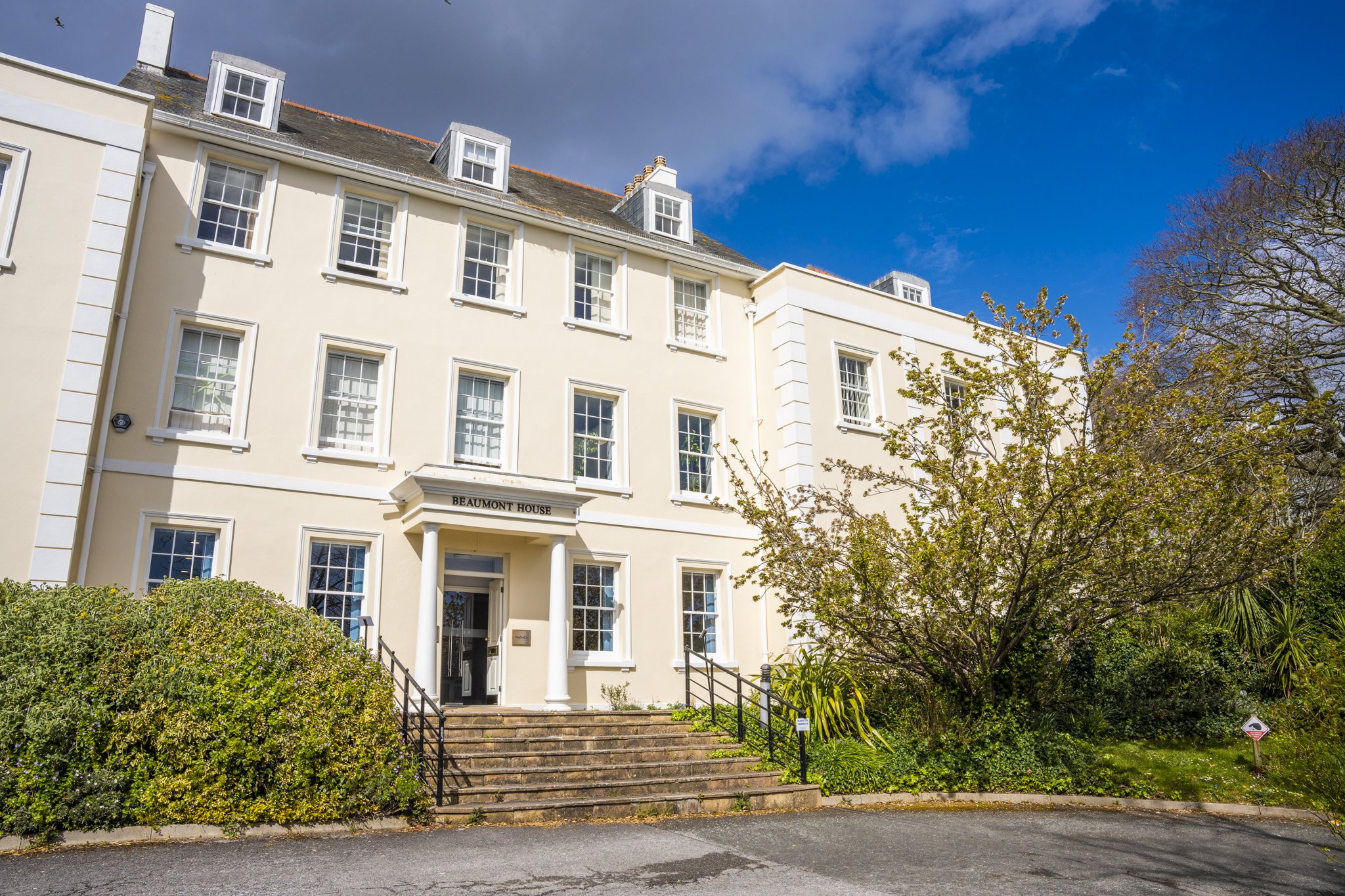Alternative Dispute Resolution - ADR
We understand how distressing commercial disputes can be. Our experienced arbitrators and mediators will help you to resolve your dispute quickly and achieve the best, most cost-effective outcome for your business.
Alternative Dispute Resolution, or ADR, is a way of settling disputes without a trial, which can often be quicker and less costly. It also offers other potential benefits, including keeping the details of a dispute private and helping to preserve important business and personal relationships which could be harmed by court proceedings.
arrow_back Back to Commercial Dispute Resolution
What is Alternative Dispute Resolution?
ADR is a term used to describe any resolution process which does not involve a determination of the courts. It fits many forms, to include “non-binding” approaches, such as informal negotiations or the appointment of a mediator or the more formal “binding” avenues, such as arbitration panels and adjudication, both of which will lead to outcomes which are binding on the parties.
The use of of ADR has become very popular and various statistics are used to demonstrate how successful it is. It is popular for good reason. ADR is generally far cheaper that litigation and can lead to resolution far more quickly. It is also very flexible, with the parties often having free reign in choosing the best route for them. For example, a dispute over the value of a shareholding may be a matter determined by the court. However, it is likely to be far more effective for the parties to engage an expert valuer at the outset, who will give a view on the price and the view a court is likely to take (a process referred to as expert determination), all without having to issue any proceedings.
I’ve head of shuttle mediation – what is that?
Shuttle mediation has become a popular way of resolving most types of dispute and conflict. We’ve used shuttle mediation a lot here at Nash & Co Solicitors, and have achieved a lot of success for clients using this type of mediation. It involves both parties jointly appointing an independent mediator who will spend time “shuttling” between the groups, either remotely or in person, seeking to narrow the issues and ultimately, managing a means of resolution.
Mediation can be flexible – the rules are really whichever rules the parties wish to agree – and can be conducted in a variety of ways: we have conducted mediations where the parties themselves don’t ever have to be in the same room as each other. A typical mediation will last up to a day, is entirely confidential and has a very high success rates. More information on shuttle mediation can be found here.
call Speak to one of our Commercial Dispute Solicitors on 01752 827125
Our Mediation & ADR experience
Our experience has taught us that parties to any commercial dispute are far better off resolving matters without recourse to the courts. ADR provides a relatively inexpensive and quick opportunity to find a solution and provides far ore flexibility in how this can be achieved. We have successfully achieved outcomes for clients using a variety of ADR approaches, including mediation, adjudication and expert determination – in fact, the vast majority of the disputes that we advise on are determined outside of court.
Our experience is that ADR is flexible enough to be effective in resolving all types of disputes across almost all sectors. We have experience in resolving disputes using ADR across all the practice areas in which we operate, to include construction and engineering, joint ventures, commercial contract disputes, property matters, disputed probate and trusts and insurance disputes.
Why choose Nash & Co Solicitors
We understand that every situation is unique and presents its own complications. It is through fully understanding your objectives, and applying our knowledge and experienced in resolving disputes, that we are well placed to steer your dispute towards resolution. We pride ourselves at being innovate and novel in the way we work, which is always led by you and your objectives: The tools and experience we have at our disposal can be applied in all situations, meaning we can work with you to make a big difference – fast.
We’re great listeners and pride ourselves on delivering honest, pragmatic and realistic advice. Combined, we have decades of experience in the legal field.
Frequently asked questions
In this informative video series, our experienced legal professionals specialising in commercial dispute resolution will address a wide range of topics and questions that commonly arise in business conflicts. From understanding the various dispute resolution methods to exploring legal strategies and practical considerations, we've curated this series to empower you with practical information and valuable insights for finding resolution and maintaining business relationships.
-
Arbitration is an alternative to litigation and mediation to resolve a dispute. An independent, trained arbitrator, agreed by the parties or centrally appointed, considers documents and/or hears oral evidence and arguments to determine the dispute, including any specific issue(s) agreed as relevant by the parties.
-
Arbitration is normally cheaper and faster than litigation but can achieve similar outcomes. The process is confidential, simple, set out clearly in the Act, and allows the parties to retain a high degree of control.
-
The parties may agree and ask the arbitrator to decide the dispute just on paper or by hearing oral evidence and submissions instead or as well. If the parties cannot agree the arbitrator may seek to influence the parties and as the last resort can impose a process on the parties. If there is to be a hearing it will be for the parties to arrange a suitable venue and facilities, although if an arbitrator works for a professional firm, such as VWV, that firm may be able to provide a suitable hearing venue.
-
In broad terms, an arbitrator has all the powers of a High Court judge.
-
Mediation is an alternative to litigation and arbitration to resolve a dispute. An independent, trained mediator, agreed between the parties, meets the parties and helps them to find a mutually acceptable outcome to their dispute.
-
Mediation is normally the fastest option with the parties retaining a high degree of control. The process is confidential and without prejudice (until a settlement agreement is signed).
-
It is for the parties to agree the date, location, and necessary facilities for the mediation, although many mediator organisations, VWV Mediators included, offer mediation facilities as part of the mediator's costs or for a limited additional cost.
-
The mediator has no powers, merely tries to use the persuasive dynamics of having the parties, their legal advisers, if any, and any ultimate decision maker, eg an insurer, present at the same time in order to bring about sufficient changes in the parties positions to resolve the dispute.
What our clients say
Related insights
Meet the Commercial Dispute Resolution team
Get in touch
Fill out the form below and let us know whether you would like us to call you, or email you. One of our Commercial Dispute Resolution team will be in touch as soon as we can.
If your enquiry is urgent then please call us on 01752 827125.
arrow_back Back to Commercial Dispute Resolution







